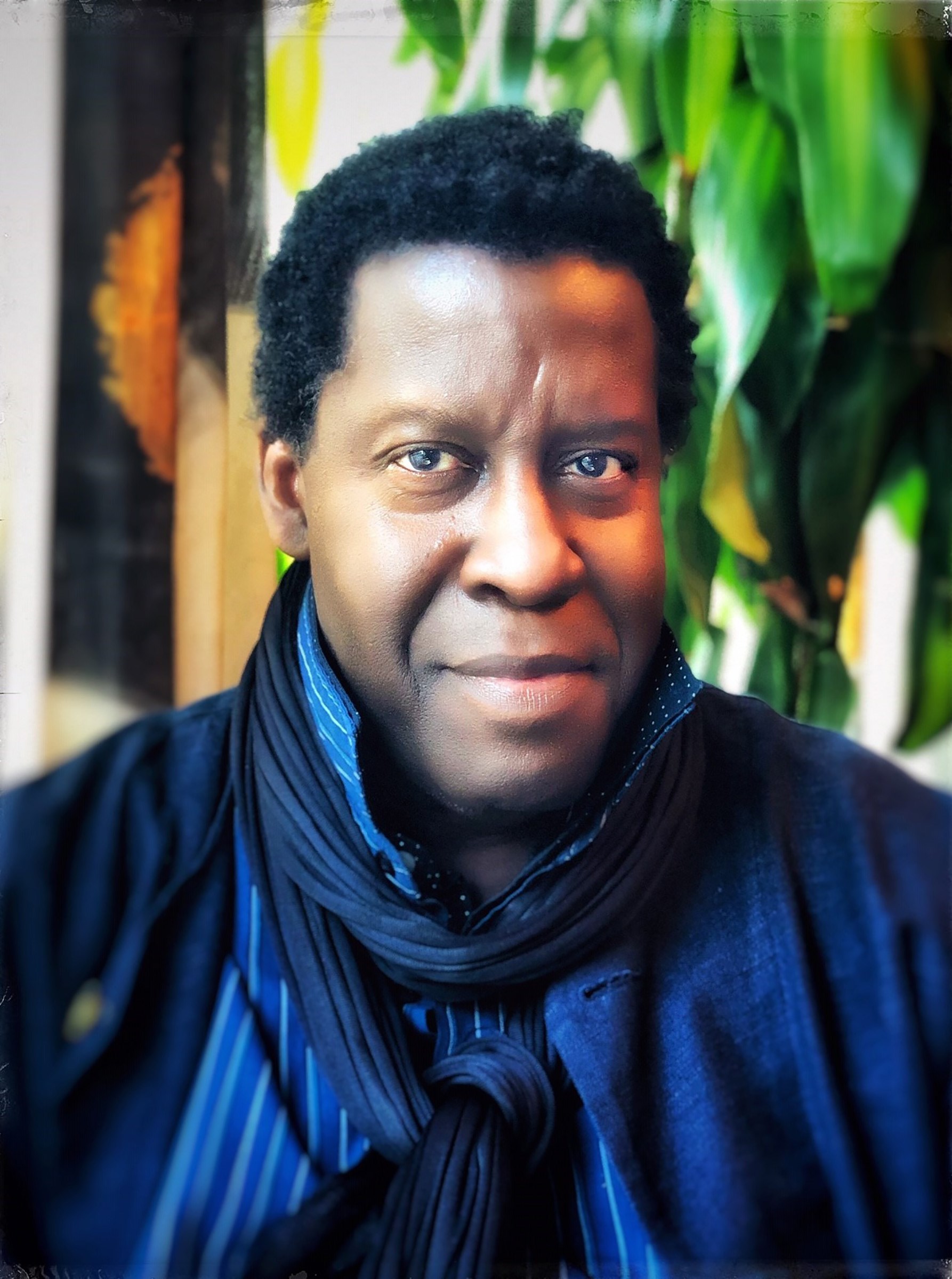My First Opera: Tazewell Thompson
I was taken from my mother and father at a very early age and made a ward of the state. My parents’ criminal behavior kept them in and out of prison through all my childhood and most of my teenage years. They were deemed irresponsible, unsafe and unsuitable — not fit to raise children. Separately, I suppose, under a less-ill-omened star, they might have led respectable lives and contributed, in some way, to my upbringing and to society. My father was a struggling alto saxophonist; my mother devoured Jet, Ebony and movie magazines. I inherited a love of old movies, storytelling and laughter from my mother; from my father, a secretive, self-possessed, cagey nature. I’m a loner, holding everything close to the chest. I’ve only lately, in the last several years, begun to share publicly who I am and where I’ve come from.

Together, my parents were a disaster. There were warning signs. They fought on their wedding day, walking up the aisle in the church after exchanging vows. Five and four years after bringing me and my younger brother, respectively, into the world, their tragic team negligence resulted in a fire in our home. I was saved; it took my brother’s life.
Tossed about for two years in uncertain residences, I was finally placed at St. Dominic’s Convent in Blauvelt, New York, and spent the next eight years of my childhood there.
I was a boy soprano in the choir and an altar boy. I learned how to read music, and also read and write Latin: a great advantage later in life when I directed opera all over the world in various languages. At St. Dominic’s, I did not know, nor was I introduced to, the music of my culture — Negro spirituals, gospel, blues or jazz — nor much of the Gregorian chants, liturgical music or hymns of my new religion, Roman Catholicism. No, my music was opera.
Sister Benvenuta taught music on Tuesdays and Thursdays. A tall, thin, elegant figure in her white Dominican Sisters’ habit; black hard-arched veil; chunky black lace-up practical heels. Her long boney fingers with a pitch pipe eternally clutched to her like a third hand; a smooth comforting whisper of a speaking voice; a sweet soprano singing. She would wheel a metal, cage-like trolley with a record player on top and, in the two compartments below, her prized collection of long-playing opera records, compliments of the Longines Symphonette Society. She told us all the plots of the great opera warhorses. She played the highlights and taught us what to listen for. She waxed ecstatic over the voices that filled the classroom: Callas, Caruso, Tebaldi, Sutherland, Corelli, Tucker, Robeson, Sills and Leontyne Price. She would speak of size and range and use expressions like “fresh,” “silvery,” “silky,” “shimmering,” “bell-like,” “brassy,” “coloratura,” “fireworks” and “bombastic.” Today, whenever I hear an aria, no matter who’s singing, I associate it with the time I first heard it with Sister Benvenuta.
My first opera was Dialogues of the Carmelites at New York City Opera. I was in high school, and I don’t recall the production very much. I do, however, remember the intriguing sounds from the wonderful orchestra and the stage full of nuns. Ten years later, I saw John Dexter’s brilliant Metropolitan Opera Carmelites production from the cheapest standing room section, near the roof of the opera house. When the slow curtain revealed the company of nuns lying face down on a raked stage, lighted in the shape of a cross, I wept. Dexter’s production remains for me one the most memorable in my opera-viewing experience.
Dialogues of the Carmelites remains my favorite opera. The libretto, inspired by a true story, has real human beings, not pasteboard operatic characters or mythological creatures.
I love it all: the assertive orchestrations; the abundant fund of sensuous melody; the perfect choice of harmony for vocal expression; the stretches of recitatives and parlando; music that is spare, precise, subtle, nuanced, gut-wrenching; themes of pride, fear, faith, courage, community. The Salve Regina at the end of the opera still emotionally affects me as I recall it even now.
I’ve directed my own production at Glimmerglass, New York City Opera, Vancouver and Indiana. It is a great work. A beautiful work. A major work. I am blessed to have had Dialogues of the Carmelites so deeply embedded in my life — as it turns out, from childhood.
Playwright and director Tazewell Thompson wrote the libretto for Blue, with music by Jeanine Tesori. The opera had its world premiere this summer at The Glimmerglass Festival.
This article was published in the Fall 2019 issue of Opera America Magazine.





